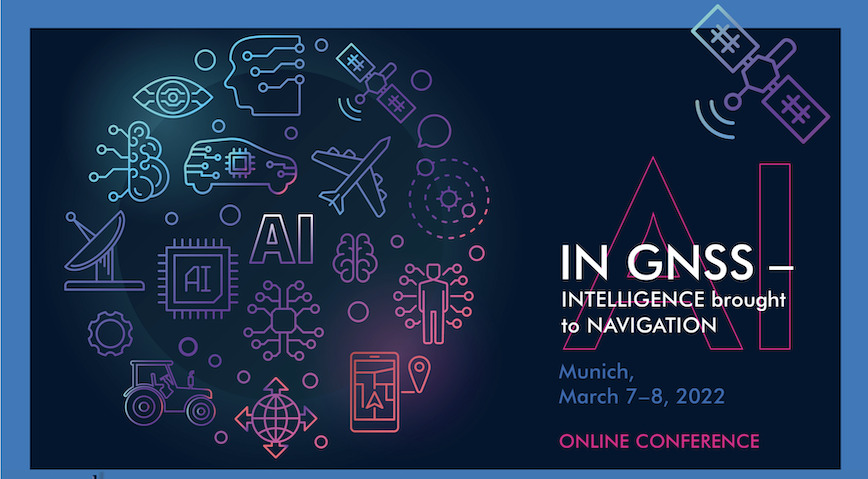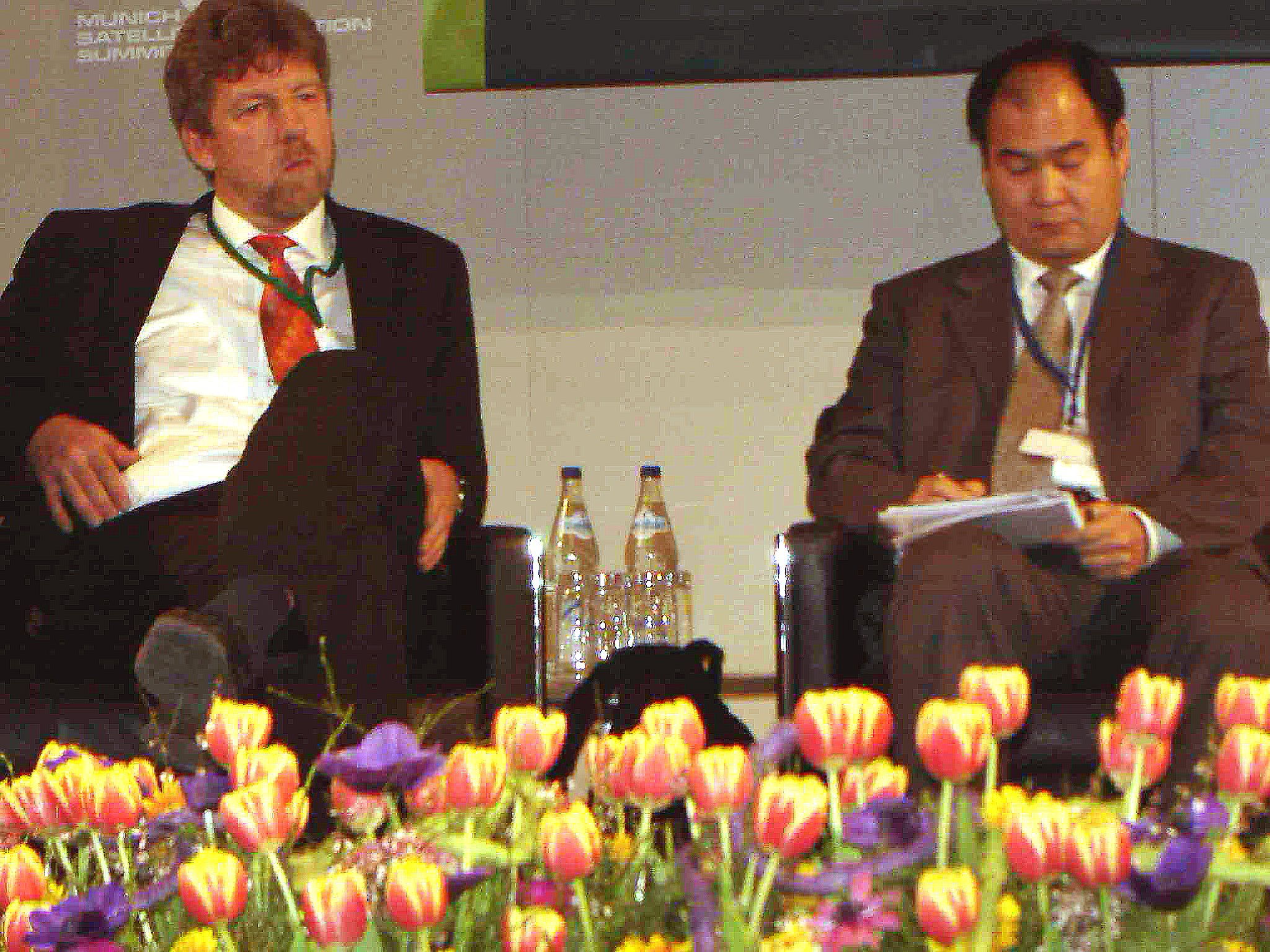The Munich Satellite Navigation Summit has opened registration for what will for be a virtual conference addressing a wide range of international GNSS topics with international speakers, held online from March 7 to 8, 2022.
The conference has a global tone and impact, dealing with satellite navigation now and in the future. The gathering of high-ranking worldwide speakers from industry, science and governments provides participants with a broad overview and different perspectives on the latest developments in the field of GNSS.
This year’s theme is “AI in GNSS – intelligence brought to Navigation.” Registration is now open at munich-satellite-navigation-summit.org/register and there is a no-cost option for selected sessions. The full conference program is viewable at munich-satellite-navigation-summit.org/program.
Among other topics to be addressed in panel discussions and solo presentations:
• First and Second Generation of the European Satellite Navigation System Galileo
• Modernization of the US Global Positioning System
• Status and modernization of the Russian Global Satellite Navigation System GLONASS and the Chinese BeiDou System (BDS)
• Developments of regional systems like the Japanese QZSS and the Indian IRNSS and the Korean Positioning System (KPS)
• Use of AI within the navigation world and its implications
• Jamming, spoofing, interference, and countermeasures; understanding secure Galileo services (OSNMA, PRS)
• GNSS and the new race to the Moon; upcoming space mission related to PNT
• Advanced technologies for PNT (quantum, optical) even beyond Galileo 2nd Generation
• The Galileo High Accuracy Service will be addressed in selected sessions.
The Summit is part of the efforts of the Bavarian government and the cluster on aerospace and satellite navigation to stimulate applications and services in this high-tech field.
The opening session will consist of updates on all GNSS systems, from official speakers:
Jérémie Godet, Deputy Head of Galileo and EGNOS Unit, DG DEFIS, EC, Brussels, Belgium,
and Guerric Pont, Acting Head of Galileo Services Department, EUSPA, Prague, Czech Republic
“Status of Galileo”
Harold “Stormy” Martin, Director, National Coordination Office for Space-Based Positioning, Navigation, and Timing, Washington, DC, USA
“Status and Modernization of the US Global Positioning System and WAAS”
Ivan Revnivykh, Head of the GLONASS Application Division of the Satellite Navigation Systems (GLONASS) Directorate, ROSCOSMOS State Space Corporation, Moscow, Russia (tbd)
“Status of GLONASS”
Dr. Xiao’Chun Lu, Deputy Director of National Time Service Center, Chinese Academy of Sciences, Beijing, China
“BeiDou Navigation Satellite System Development”
Jean-Marc Piéplu, EGNOS Services Programme Manager, EUSPA, Prague, Czech Republic
“Status of EGNOS”
Dr. Satoshi Kogure, Japan Aerospace Exploration Agency (JAXA), Japan
“Status of the Japanese QZSS Regional System”
P. S. Sura, Indian Space Research Organisation (ISRO), India
“Status of IRNSS/NavIC and GAGAN”
Sharafat Gadimova, Program Officer, UN Office for Outer Space Affairs, Vienna, Austria
“ICG Developments”






